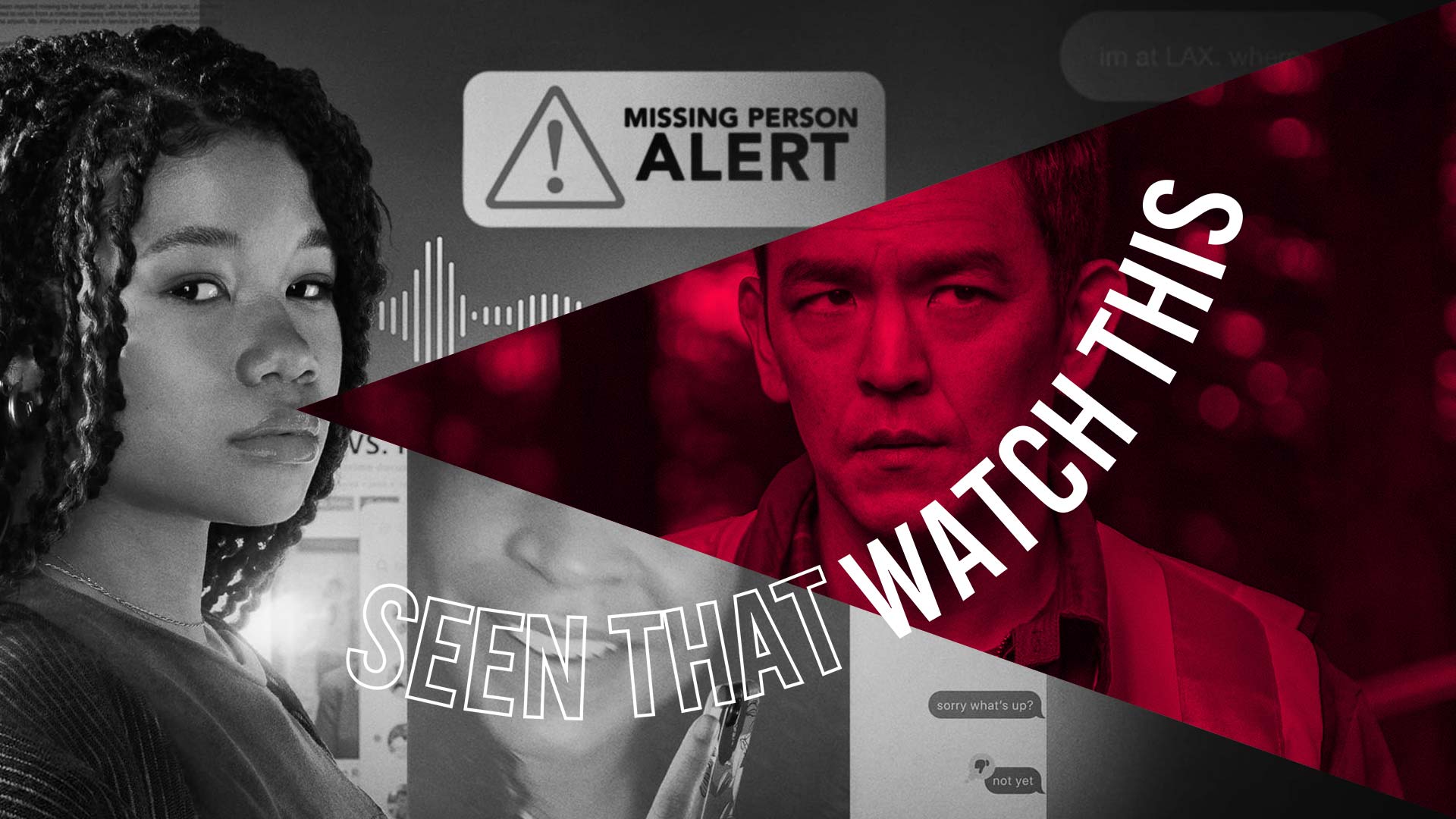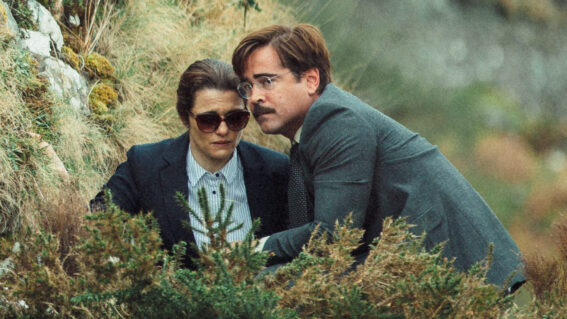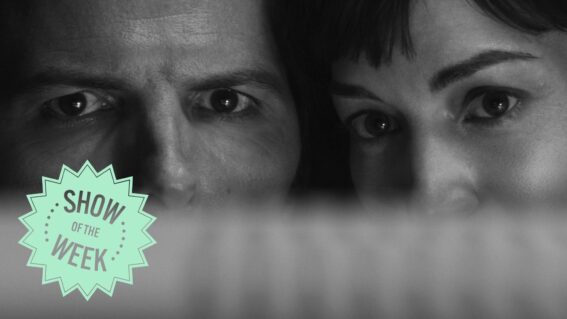Which is the better screenlife thriller: Searching or Missing?

Seen That? Watch This is a weekly column from critic Luke Buckmaster, taking a new release and matching it to comparable works. This week, it’s two “screenlife” thrillers: new film Missing and its predecessor, Searching.
“Screenlife” is the label used to describe films like Missing and its predecessor, Searching, which unfold entirely through media displayed on computers and other devices. Both are compelling examples of visual storytelling, at once mundane but unusual. The former because their grammar stems from day-to-day virtuality, the format and symbols of online communication being second nature to most viewers. The latter because they’re shown out of context (in a cinema or on a TV screen) and repurposed into narratives imbuing ordinary images with extra significance: a blinking cursor can be a tool for suspense, for instance, and the spinning wheel of death might even precede an actual fatality.
The opening six minutes of Searching—a thriller about a father, John Cho’s David Kim, desperately trying to track down his missing daughter—are a particularly fine demonstration of the genre’s potential. The visual cues in this sad sequence, which brings the viewer up to speed with the death of David’s wife, are, in terms of cultural precedents, positioned somewhere between silent cinema intertitles and street signs, allowing concise connections germane to the narrative world. For instance we see a calendar notification appear reading “Dr Aysola check-in.” Then we see someone type into Google “how to fight lymphoma.” There’s no misunderstanding this simple, melancholic revelation, told in roughly the time it takes to sneeze. In these early minutes director Aneesh Chaganty establishes an experience that finds tension, drama, intrigue in prosaic places.
Missing, a self-contained narrative based in the same world, begins similarly, with old family footage watched on a computer. The user enters another melancholic string of words to title this file: “last family trip.” The protagonist is Storm Reid’s June Allen, who lost her father at a young age and is petrified of losing her mother Grace (Nia Long). When she goes to the airport to pick up ma and her new beau Kevin (Ken Leung), who are supposed to be returning from a holiday in Columbia, they never arrive. Reversing the premise of Searching, the child goes looking for the parent, with June attempting to trace her steps and, in a fun development, using an Airtasker-esque site to recruit a local Colombian (Joaquim de Almeida) to do on-the-ground work.
Google Maps, email accounts, private messaging services, data history and bank transactions are core elements enabling her sleuthing. There are hot trails, dead ends, clever connections, educated guesses, stabs in the dark. And by god there are twists. Like most sequels this film is louder and more juiced-up than its predecessor. But sheesh, the desire of the writer/directors (Will Merrick and Nick Johnson) to one-up Searching in wild surprises becomes near kind of obscene. Virtually everyone is not who they seem, and no narrative information (even core elements) are outside the reach of a bold revision.
The film comes close to acknowledging the audacity of the writing, briefly displaying an online comment that reads: “Man, you couldn’t put this stuff in a screenplay.” They did, however, and it’s the kind of twist-a-palooza that’d make M. Night Shyamalan blush. Searching, on the other hand, never leaves you feeling completely duped, always bringing it back—just—from the edge of plausibility-shattering oblivion (notwithstanding one final act twist that requires a generous serve of disbelief-suspension).
Searching is the superior film, which better investigates a central mystery that has nothing to do with a person’s whereabouts. As he pores over his daughter’s online histories, David realises how much he doesn’t know about her: she doesn’t have a lot friends; she doesn’t do many of the things he thought she did; she keeps big secrets. His search is not just about where she is but who she is. His findings lead him to the following sad declaration: “I didn’t know her. I didn’t know my daughter.” And what an amazing tool the internet can be to pry open one’s secret life: the skeletons in the closet, the virtual shadows, the stories that can be shaped from our data.
Searching also does a better job illustrating online reactions as a kind of cyber sideshow or dirt-filled grapevine, full of shrill commentary and trial-by-public. We see the trending hashtag #DadDidIt, for instance, which needs no elaboration: we get what’s happened and the crazy spinning wheel of the gossip mill. At one point David receives an email from a funeral company offering him “free access to our platform”, should he wish to use their services—the online equivalent of vultures circling for a feed. If somebody were to helm a contemporary remake of Billy Wilder’s great satire Ace in the Hole, which depicts a media circus that erupts in response to man trapped inside a mineshaft, there’d be no way to realistically do it without capturing online scuttlebutt. The circus is now virtual.
That film, were it to be made, could be another “screenlife” production, detailing the kind of spectacles we are accustomed to observing on our computers and smart devices. It’s not hard to imagine an Ace in the Hole redux playing out along these lines—but it is hard to envision the future of this genre, or whether it even has one. If it survives, its presentation style will need to adapt to the times, given the rapidly evolving nature of online aesthetics and methodologies. Films like Missing and Searching will quickly look dated—time capsules of our virtual past—even if their underlying narratives are evergreen.





















